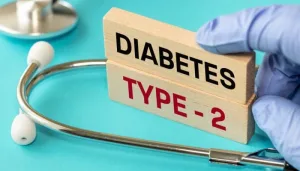US Health Department to Discontinue Vaccine Ingredient Amid Autism Concerns
The United States Department of Health and Human Services has announced that it will cease using a specific ingredient in vaccines that has been the subject of unfounded conspiracy theories. These theories falsely link the ingredient to autism, a claim that has been repeatedly debunked by scientific research and medical experts.
The Ingredient in Question
While the department didn’t specify the ingredient, it is understood to be a compound that has been at the center of misinformation campaigns for many years. The decision to discontinue its use is primarily driven by a desire to combat vaccine hesitancy and increase public confidence in vaccination programs.
Debunking the Autism Myth
It is crucial to emphasize that numerous scientific studies have found no evidence to support a connection between vaccines and autism. Organizations like the Centers for Disease Control and Prevention (CDC) and the World Health Organization (WHO) have consistently affirmed the safety and efficacy of vaccines.
The Impact on Public Health
The department hopes that this move will reassure parents and encourage higher vaccination rates. Vaccines are a cornerstone of public health, protecting individuals and communities from preventable diseases. Maintaining high vaccination coverage is essential for preventing outbreaks and safeguarding vulnerable populations.
Continued Commitment to Vaccine Safety
The US Health Department maintains its strong commitment to vaccine safety and efficacy. All vaccines undergo rigorous testing and monitoring to ensure they meet the highest standards. The decision to remove this particular ingredient is a proactive step to address public concerns, despite the lack of scientific basis for those concerns.
Final Words
The discontinuation of this vaccine ingredient reflects an effort to improve public trust in vaccination programs by addressing misinformation. It’s a reminder of the importance of relying on credible sources and scientific evidence when making decisions about health.




+ There are no comments
Add yours